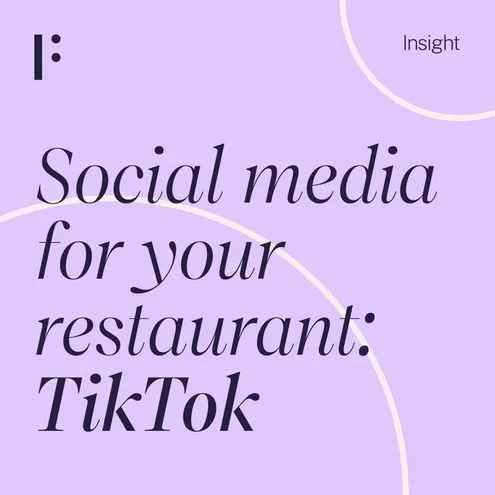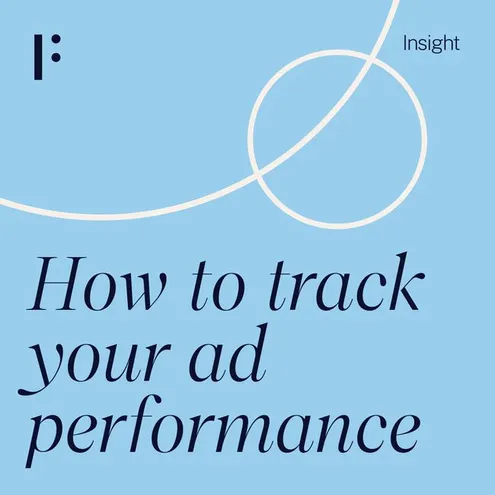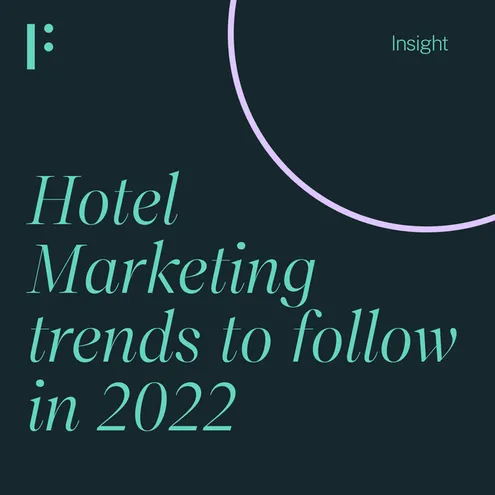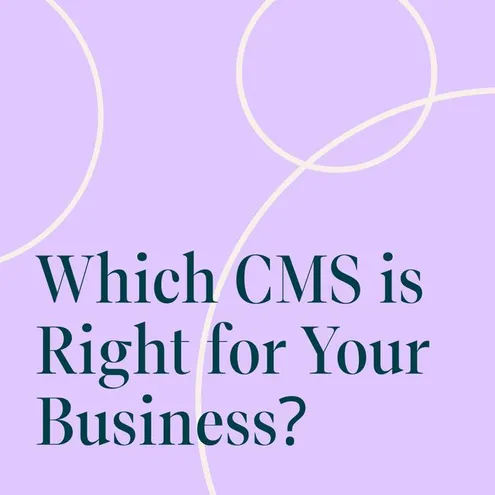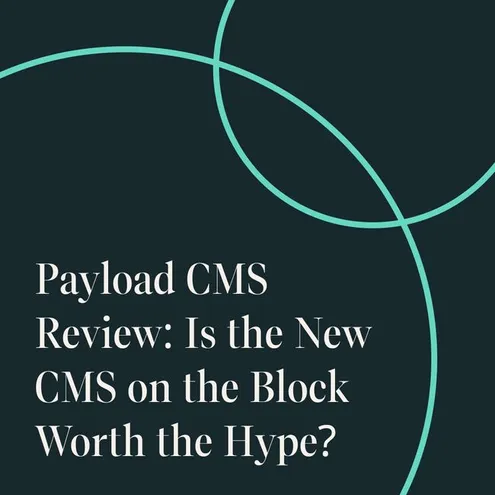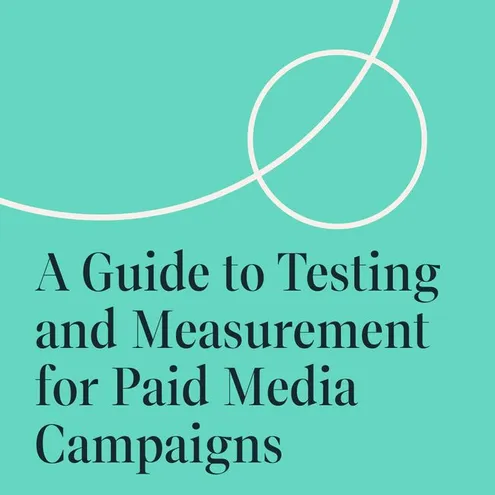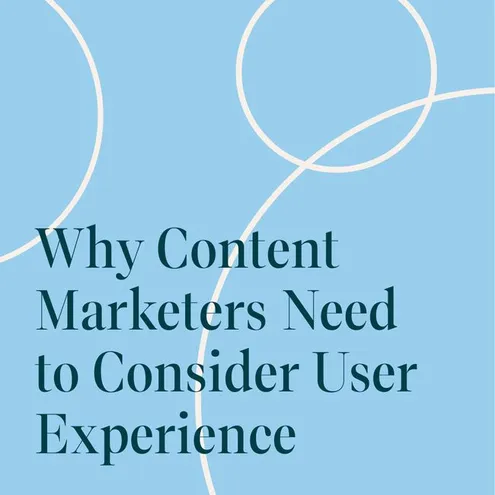08/02/22
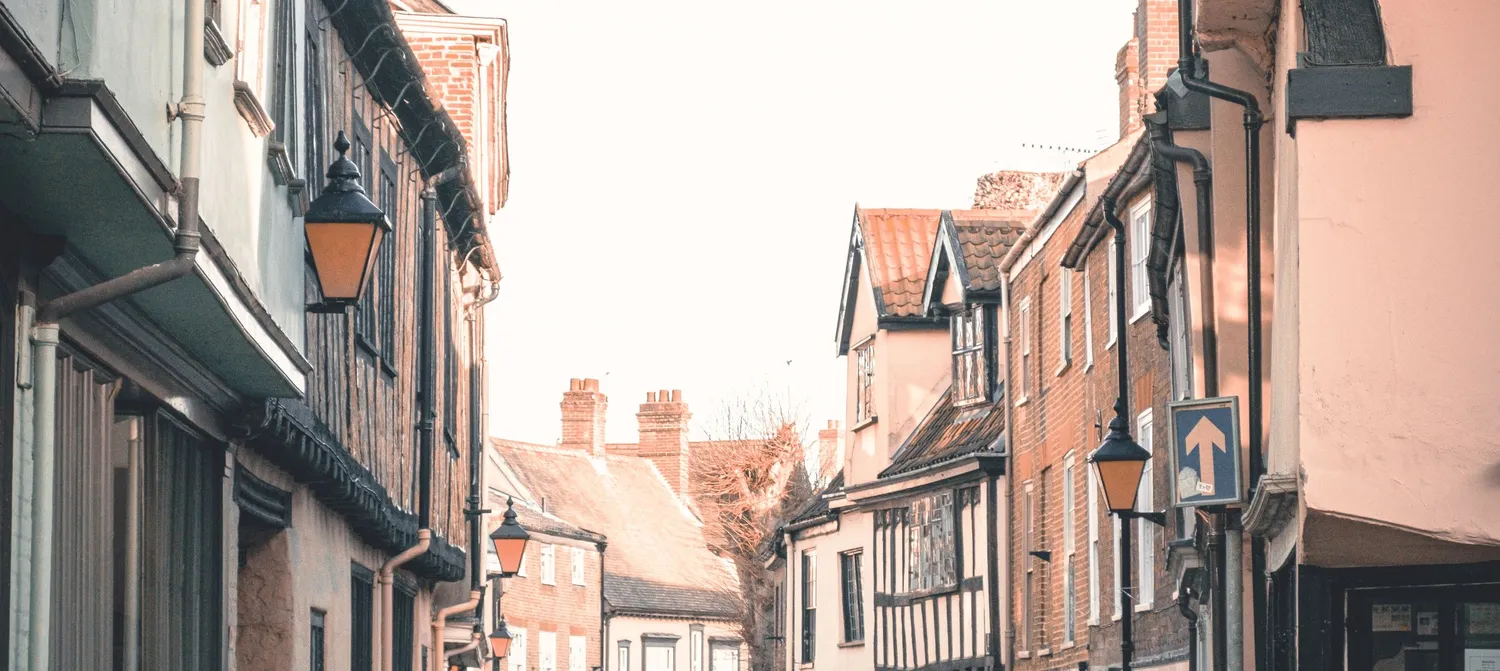
SEO
When it comes to Search Engine Optimisation, it's important to make sure your hotel is executing its SEO strategy correctly to ensure that you're getting the most out of your marketing goals. On-page SEO is a term we hear a lot within the marketing industry, it's a crucial element of any digital marketing strategy - but many often believe that it is simply about focusing on creating a load of content crammed with keywords that you believe users are searching for. There is so much more to a successful SEO strategy than this, follow our advice to get the most out of SERPs (Search Engine Results Pages) and how you can structure your pages to get the best results.
There are three main types of SEO: On-page SEO, Off-page SEO and Technical SEO. In a previous article, FLOCC discussed how link-building is an important element of your hotel's off-page SEO strategy. Whilst link-building is great for getting other websites to link back to your own (therefore increasing your hotel's relevance and domain trust), it doesn't have an impact on how your website appears to both guests and to Google (or other search engines) in terms of content and usability.
What is on-page SEO and why is it important?
On-page SEO remains a significant factor in getting your hotel's website to rank higher on Google, even Google itself says: "The most basic signal that information is relevant is when content contains the same keywords as your search query." Keywords are important, it's true, but many other elements come into creating the perfect on-page strategy, such as user experience, search intent and site loading speed. It's about optimising elements on both the front-end and back-end of your website, to increase your chances of ranking highly in Google's algorithm.
Appearing towards the top of SERPs is key for your hotel or restaurant, as it means people are going to be seeing your website when they first enter their search. This means you are much more likely to attract potential customers, as no one really goes trailing through tens of pages on Google before they choose an option. It's also important to remember that this SEO is just one of the first steps in getting those all-important direct bookings. Even if people decide to click on your site because of your great SEO strategy, there is still a chance that they'll drop off at some point before booking. This is why it is crucial to make sure all elements of your page structure are tailored towards achieving the perfect 'path' for your customers.
How can you structure your web pages for on-page SEO?
You'll need to consider a number of factors when it comes to optimising your hotel's website for this strategy. Not only do you need to think about the content you're posting, but also the way it appears to both users and search engines, how fast it loads and how well it relates to what you're attempting to rank for.
- Content should be tailored to the users 'journey' - The 'Buyer's Journey' refers to the route that a potential customer takes when making the decision on whether or not to purchase goods or a service, and where from. The buyer goes through three stages: awareness, evaluation and decision. It's important to make sure your content is created with this in mind so that you are able to give buyers a smooth and helpful experience that will increase your chances of direct bookings and ranking highly on search engines. To do this, make sure content is easy to navigate, easily readable to the intended audience and has clear headings. Using engaging images and visuals such as videos or infographics can help to create high-quality content on your web pages.
- Use keywords that are relevant to what users are searching for - To do this you need to identify what those keywords might be and this can be done through keyword and competitor research. Use both long and short-tail keywords, making sure that your URL and page title include the primary keyword as this can assist in ranking higher on SERPs. Remember to include your keyword in the first 100-or-so words of your blog post or web page too, as Google also judges on how early your page incorporates these.
- Make sure you're using the right tags on your page titles and headings - For example, your page title should use a H1 Tag (<H1>), and subheadings should be posted using H2 Tags (<H2>). This helps Google to understand the structure of your webpage and enables it to effectively crawl your website when it monitors for on-page SEO. Don't forget that there should be only one H1 tag per page, and to make all of your H-tags SEO-friendly and not too long!
- Internal and external links are important - Linking to relevant outbound websites lets Google know that you're an authority - you know what you're talking about because you can point to all these other pages who also know their stuff! This increases your website's value and shows that your content is trustworthy. Make sure to add high-quality links to other sites that are relevant to your niche! As for internal links, these make it easier for search engines to crawl your site, but also allow for users to find alternative routes to navigate through your website. A good internal linking structure will help Google to form a web of information around each main topic, or pillar, in your niche - read more about Pillar and Cluster content for SEO. Remember to make sure these links are working too - as links to pages that result in a '404 error' don't do any good.
- Avoid duplicate content - If you're using the same content on multiple pages or blog posts, Google will recognise this. You should have only one page for each keyword or phrase, any more and Google won't know which one to rank! Unique content will also help get your pages noticed by its algorithm and score higher search engine results.
- Utilise your Images Alt Texts and Titles to your advantage - by including keywords in your images Alt texts (these tell search engines and screen readers what an image is about) and titles (these appear when a user hovers over an image) you'll optimise your pages to increase your SEO advantage. Whilst it is only a minor change, the more you can do to help, the better your results will be. But make sure that your Alt Text will still make sense when read aloud by screen readers - you can't just stuff your keywords in here, Google sees it all!
As easy as it is to want to fill your hotel's web pages with lots and lots of keyword-heavy content, you mustn't forget that using too many (stuffing) will have a negative effect on your Google ranking.
How can you track your website's on-page SEO progress?
One great way to track your website's on-page SEO progress is by using Google Search Console. This free tool from Google allows you to see how your website is performing when it comes to search engine results pages (SERPs) and provides you with a wealth of information on how to improve your website's visibility and ranking. You can use the data from Search Console to help increase your website's traffic and optimise your content for better rankings.
So there you have it, our definitive guide on how to ensure your hotel's on-page SEO strategy is optimised to the best level to help you reach that all-important goal of ranking at the top of Google's results. Web content is essential to your hotel's marketing strategy, it's how you can sell your services and what sets the foundation for everything else that follows. Not sure where to start? Contact our team of experts here at FLOCC, they'll be happy to assist your business with all things SEO optimisation.

